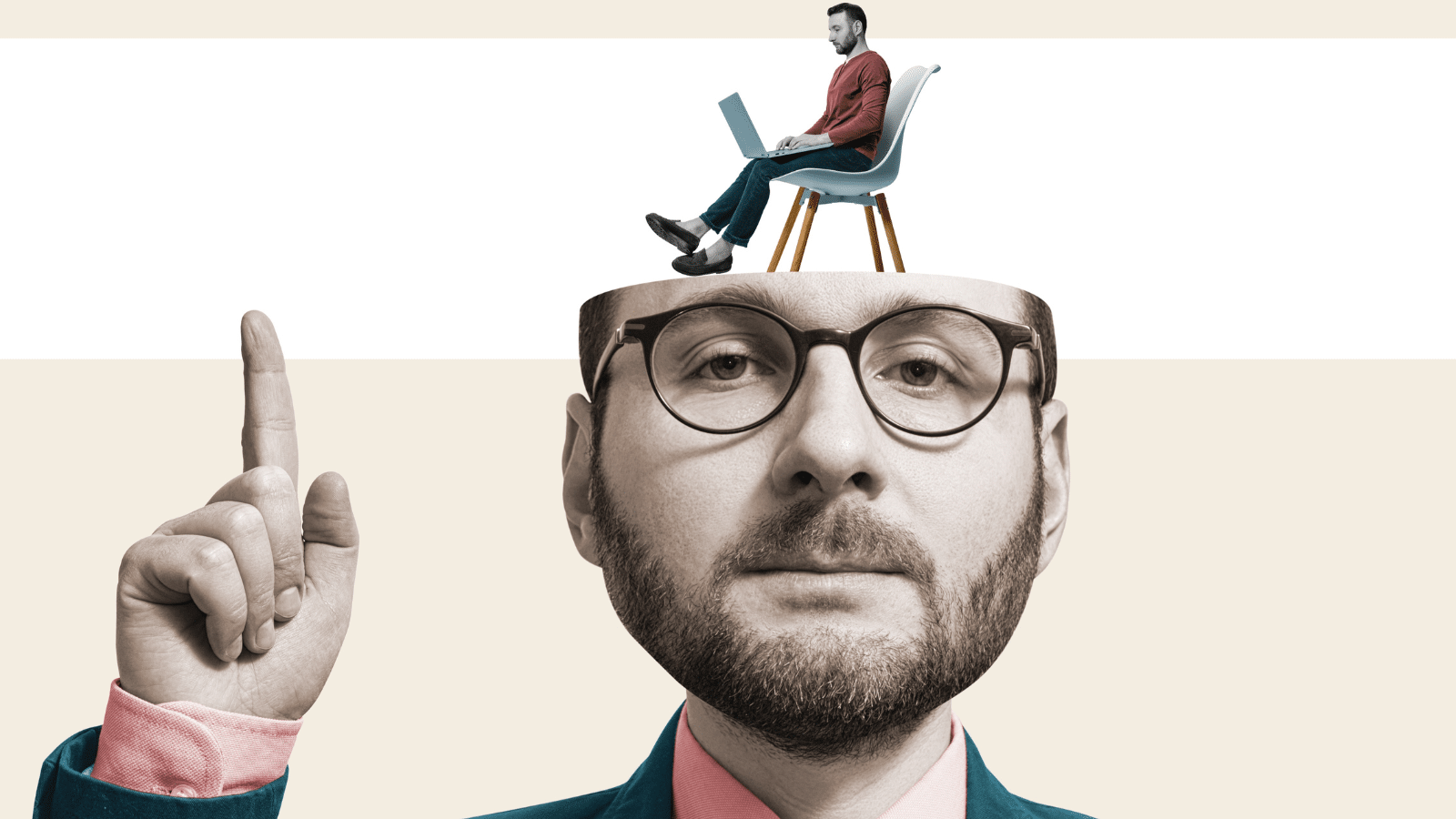In the pursuit of an ideal retirement, many of us embark on the path of downsizing, believing it to be the key to simplicity and financial freedom. However, it’s a journey that’s not without its hidden challenges and unanticipated regrets. In this exploration, we’ll delve into the personal experiences of those who downsized for retirement only to find themselves facing unforeseen pitfalls. Join us as we uncover the unexpected twists and turns that may await on the downsizing road, and learn valuable lessons to ensure a retirement filled with satisfaction and contentment.
Loss of Space

Downsizing often means sacrificing living space, which can lead to feelings of confinement and discomfort as individuals have less room to move and store their belongings. This can impact daily routines, making it more challenging to engage in activities or hobbies that require space, affecting overall quality of life.
Inadequate Storage

Smaller homes may lack sufficient storage for belongings, causing clutter and frustration. The lack of proper storage can make it challenging to keep the living space tidy and well-maintained, contributing to a sense of disorganization and discomfort. It can also result in the need to downsize personal belongings, which may involve parting with cherished items and memories.
Lack of Privacy

Moving to shared living arrangements or smaller homes with fewer private spaces can lead to a decrease in overall privacy. This can be particularly challenging for couples or individuals who value personal space, potentially leading to tension and conflicts within the household. A lack of privacy can also hinder relaxation and limit the ability to engage in solitary activities, affecting mental and emotional well-being.
Difficulty Hosting Guests

Smaller homes may not accommodate guests comfortably, limiting your ability to host friends and family. This can lead to social isolation and a reduced sense of connection with loved ones who may hesitate to visit due to limited space. It may also affect your ability to participate in social gatherings or events, impacting your overall social life.
Adjustment Stress

Transitioning to a smaller space can be emotionally challenging, leading to stress and anxiety as individuals adapt to a new living environment. This adjustment stress can impact mental well-being and may take time to resolve as you become accustomed to the changes. It can also affect relationships within the household as family members navigate the transition together.
Limited Personal Space

Downsizing may mean sharing personal spaces like bathrooms or bedrooms, which can strain relationships and reduce a sense of autonomy. Limited personal space can lead to conflicts over privacy and territory within the home, affecting the overall household dynamic. It may also impact your ability to have a dedicated space for personal activities and relaxation.
Property Maintenance

Smaller homes can still require significant maintenance, potentially adding to your workload and responsibilities. The need for upkeep, repairs, and renovations can be ongoing, and it’s important to consider how this may impact your retirement lifestyle and leisure time. Property maintenance can also come with financial costs that need to be factored into your budget.
Community Change

Moving to a new area for downsizing may disrupt your sense of community and social connections. You may need to rebuild your social network and establish new relationships, which can be challenging, especially for retirees. Community change can also affect your sense of belonging and familiarity with your surroundings.
Reduced Amenities

Smaller living arrangements may lack the amenities you once enjoyed, such as a backyard or home office. This reduction in amenities can impact your daily routines and lifestyle, potentially requiring you to make significant adjustments. It’s important to evaluate which amenities are essential for your well-being and consider how their absence may affect your retirement.
Financial Strain

Unexpected expenses or a change in financial circumstances could make downsizing less economically advantageous than anticipated. It’s crucial to carefully assess your financial situation and budget for potential costs associated with downsizing, including moving expenses, property maintenance, and any necessary renovations. Financial strain can lead to stress and impact your overall retirement plans.
Loss of Familiarity

Leaving your longtime neighborhood can result in feelings of displacement and isolation as you adjust to a new environment. Loss of familiarity can impact your sense of belonging and connection to your community. It may take time to build a sense of comfort and belonging in your new surroundings.
Emotional Attachment

Parting with cherished possessions or a family home can lead to emotional distress and a sense of loss. Emotional attachment to belongings and the home can make downsizing a deeply emotional process, requiring careful consideration and support. It’s important to acknowledge and address these emotional challenges during the downsizing journey.
Limited Hobby Space

Smaller homes may not have room for hobbies or activities you once enjoyed, which can be frustrating for retirees looking to pursue their interests. Limited hobby space can impact your overall satisfaction in retirement and may require creative solutions to continue engaging in your passions.
Loss of Independence

Depending on the downsizing choice, you may lose some independence in daily living. This can include relying on shared facilities or assistance from others for certain tasks. It’s essential to assess how changes in independence may affect your lifestyle and make adjustments accordingly.
Less Room for Visitors

Hosting family or friends for extended periods may be challenging in a smaller home, impacting your ability to accommodate loved ones. This can affect your social life and the frequency of visits from family and friends, potentially leading to feelings of isolation.
Storage Costs

If you rent storage space for items you couldn’t part with, it can become an ongoing financial burden. Storage costs should be factored into your downsizing plan, as they can accumulate over time and affect your budget.
Home Value Fluctuations

Real estate markets can change, and the value of your downsized property may not appreciate as expected. This can impact your financial plans for retirement, especially if you were relying on the property’s value to support your retirement lifestyle.
Inconvenient Location

Downsizing to a new area might result in a less convenient location for services and amenities you rely on. This can lead to added travel time and inconvenience in accessing essential resources and services, affecting your daily routines and lifestyle.
21 Things That Shout You’re “Lower Class” According To Men

Class wars creep up in all aspects of life, including dating. We take a look at the things that men believe are telltale signs that you are lower class.
21 Things That Shout You’re “Lower Class” According To Men
Boomer Zoomers vs. Millennial Meh: 10 Cars the Older Gen Loves but Millennials Just Can’t Stand

The change in the automotive industry has been incredible over the year. Baby boomers born between 1946 and 1964 can’t get enough of the cars listed below, as muscle cars emerged in the 1960s, and new technologies appeared in the 1970s and 1980s. You can imagine why boomers genuinely appreciate these vehicles.
Boomer Zoomers vs. Millennial Meh: 10 Cars the Older Gen Loves but Millennials Just Can’t Stand
Across the Pond Disdain: 18 Horrendous American Habits Foreigners Just Can’t Stomach

There is a lot to love about America, from the bright lights of New York to the incredible breakfasts, but foreigners also dislike many things. We look at everything from poor public transport to an intimidating tip culture, sharing 18 things that America could be better at.
Across the Pond Disdain: 18 Horrendous American Habits Foreigners Just Can’t Stomach
Out with the Old: 18 Gen X Fads That Millennials and Gen Z Just Can’t Vibe With

While some old habits die hard, there are some things that Gen X need to eliminate as they are no longer relevant.
Out with the Old: 18 Gen X Fads That Millennials and Gen Z Just Can’t Vibe With
18 Unpleasant States You Might Want to Skip on Your Next Trip

When thinking of America, we don’t expect there to be boring or unpleasant places to visit. We see all the different states on the TV, and they show the best parts. However, there are some states you won’t want to visit, and you should brace yourselves if you ever happen to stumble into them.
18 Unpleasant States You Might Want to Skip on Your Next Trip






